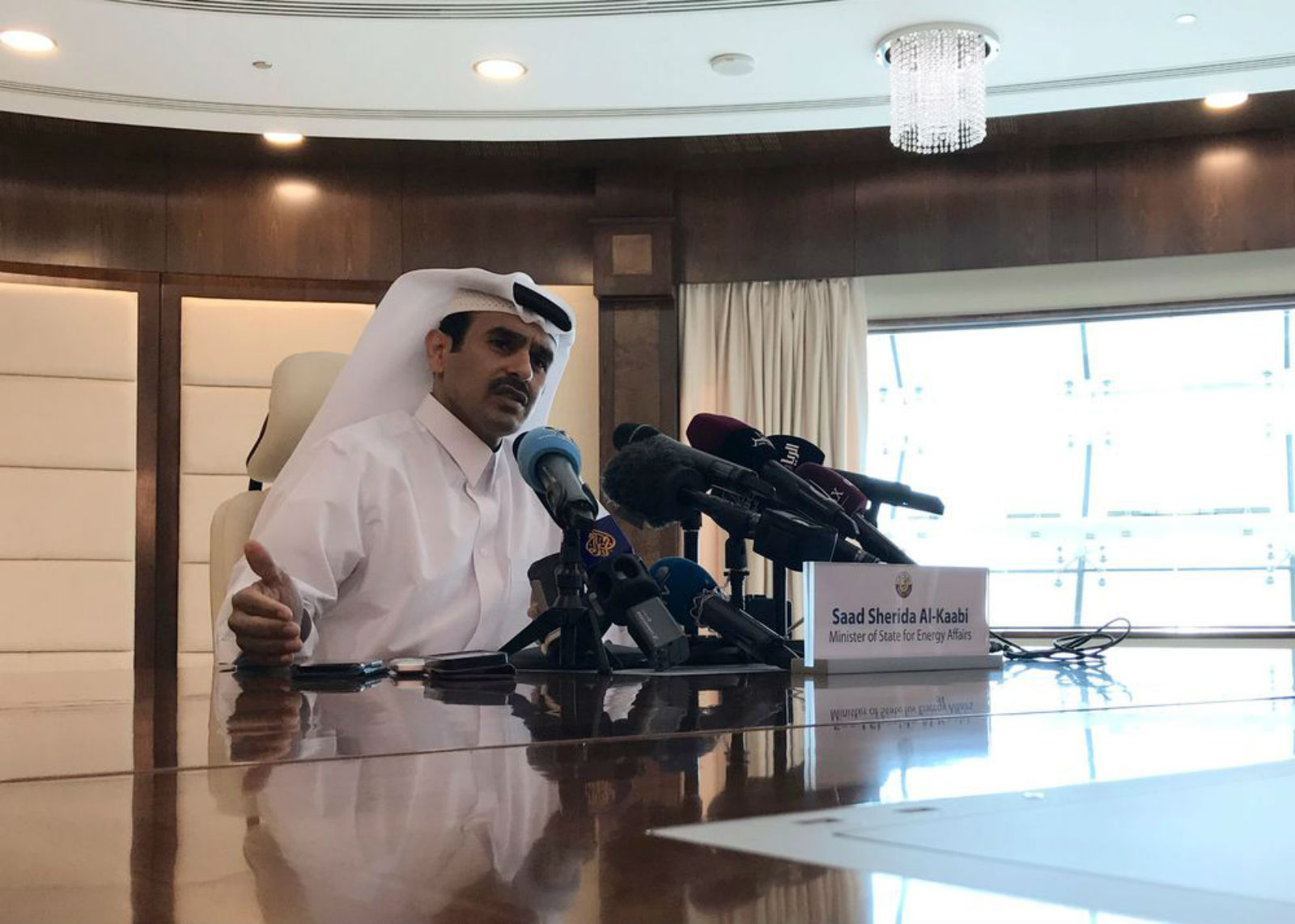Qatar announces its departure from OPEC days before crucial oil cuts meeting

Qatar has pulled out of OPEC ahead of the cartel’s Thursday meeting to talk about production levels. The Gulf state will nevertheless attend this week’s meeting, Reuters reports. The impact of the pullout could be more political than anything else: Qatar, a top natural gas producer, accounted for only 2% of OPEC’s total oil output, Bloomberg notes. The move is a “swipe at the group’s de facto leader Saudi Arabia,” Reuters adds. The move came as the province of Alberta, the key oil producer in Canada (the world’s fifth-largest oil producer), ordered production cuts for the first time since the 1980s.
Oil prices jumped more than 3% yesterday amid the news from Qatar and Alberta and as traders welcomed (or over-reacted to, depending on how you squint) a “trade armistice” between the US and China.
Global stocks also rallied yesterday, but bond investors aren’t convinced that the “trade armistice” between China and the US will pay a peace dividend, the Wall Street Journal argues.
Proof that repetition is key to getting your message out there: Egypt is looking good to this HSBC managing director writing in the FT. Christian Déséglise singles out Egypt — with our IMF-backed reform program, debt stabilization program, the float of the EGP, et cetera — as one of the “attractive entry points” for investors who want to take advantage of attractive pricing across key emerging markets right now. On broader trends driving growth in EM, Déséglise, who is also co-director of the unfortunately named BricLab at Columbia University, hits the nail on the head when he singles out formation of wealth in the middle class and investment in renewables as well as low-carbon and climate-resilient infrastructure. Read: Sell-off shunts some emerging markets into bargain territory
Did Abraaj ruin it for us all? That’s the thrust of a Financial Times piece out yesterday that argues the meltdown of what was once the crown jewel of Mideast capitalism will “give pause to those seeking emerging market exposure via private equity.” One thing we flatly disagree with is the lede: It is not “investing” in EM private equity that is “about” to become tougher. It is that raising funds for EM private equity will become about as easy as selling sand to us / ice to the Innu — take your pick of culturally insensitive metaphor.